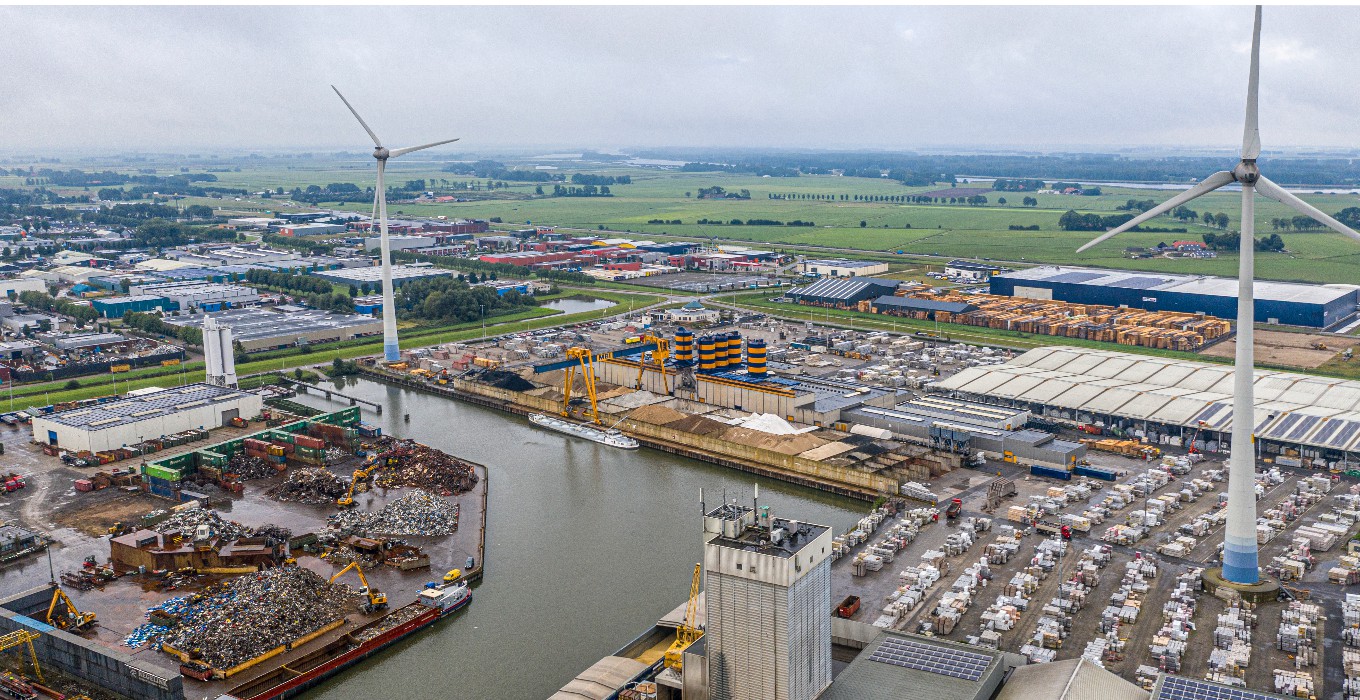
REDII Ports
RED II Ports focuses on the development of renewable energy and its intelligent implementation in ports. This project aims to utilize resources for the generation, storage, and consumption of cleaner energy and fuels that are both technically feasible and economically viable. The following alternatives, relevant to port areas, are being promoted:
- Electricity (shore power, hydro power, batteries)
- Wind, wave, tidal, and solar energy
- Biodiesel, hydrogen, and ammonia/methanol
3 Step Action Plan
To achieve this ambitious goal, RED II Ports will follow a three-phase plan:
- Leveraging local energy sources.
- Developing production and storage in ports to supply the market.
- Extending benefits to participating regions.
Each port will assess which energy systems are relevant locally to support the green transition of ports. RED II Ports will define the conditions for blueprinting a medium- and long-term strategy, enabling ports to act as springboards for green energy developments. The project will:
- Identify local surplus green resources, raw materials, and waste using a circular economy (CE) approach and share this information via online tools.
- Define challenges and opportunities for ports.
- Assess demand and potential for energy trade volumes, considering factors like price and grid capacity.
Once the framework is established, partners will test their ability to effectively convert resources into the selected power or fuel options and/or support renewable energy initiatives by other companies within their location. Across regions, 13 tailored technological solutions will be tested for onshore, offshore/inland waters, and hinterland integration, involving both public and private stakeholders.
Finally, RED II Ports will ensure that energy is delivered to the broader port community, including end-users, port-based businesses, and local residents.
Collaboration
To drive sustainability and connectivity in European port regions, RED II Ports collaborates with a wide range of partners, including:
- Denmark: Port of Korsoer, Martime Equity Partners, Port of Skagen
- Belgium: Vives University of applied Sciences , Port of Brussels
- France: Conseil Régional de Bretagne, Bretagne Dèveloppement Innovation
- Germany: Port of Hamburg Marketing, Niedersachsen Ports
- Netherlands: NICE, Metabolic
- Norway: Eigersund Kommune, Moss Havn KF
- Sweden: Trelleborgs Hamn AB
Funding and Support
This project is supported by Regio Deal Regio Zwolle, Interreg North Sea, Co-funded by the European Union.

Share with: